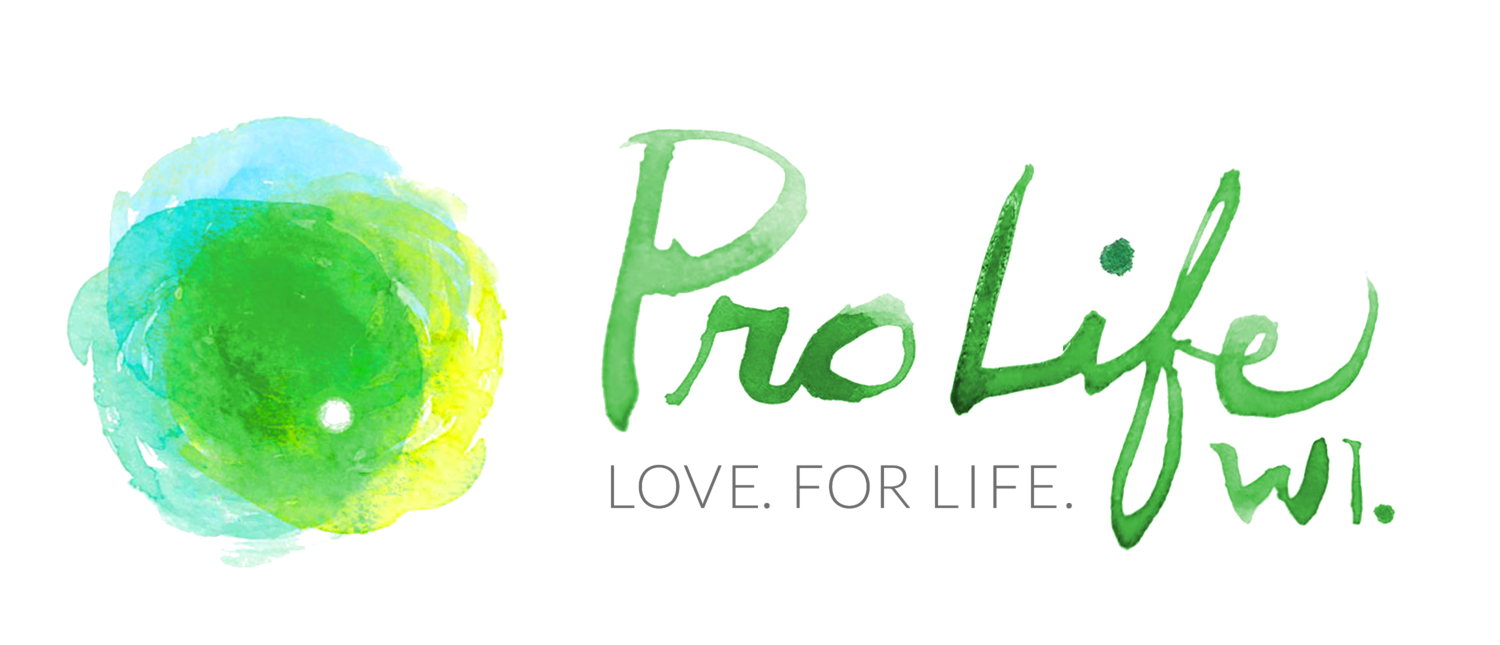When does human life begin?
Human embryologists, the real scientific experts in the area of human development, authoritatively conclude that a human embryo is a human being immediately beginning at fertilization - the fusion of an egg and sperm immediately resulting in a new, genetically distinct human being (zygote). At no other logical or scientifically sound point can we say that human life begins. The embryo is not an organ or some pre-human cellular glob without purpose or plan. Embryologists categorically reject the notion of a "pre-embryo" or some form of evolving "human-being-on-the-way." From its inception, the embryo contains its entire genetic makeup and needs only time to grow and develop into what we would recognize as a human person.
Are embryos human beings? Are they really one of us?
Embryos are no different in their fundamental humanity from a 5-month fetus in the womb, a 5 year-old girl, or a 50-year old man. At every stage of development, human beings (whether zygote, blastocyst, embryo, fetus, infant, adolescent, or adult) retain their basic human identity as they grow through their successive stages. Despite their unfamiliar appearance, embryos are very young humans.
Each of our lives began on day one as one single cell human zygote. From that point on, we simply grew and developed. As we grew bigger, we did not increase in significance. We are just as special, and our right to life is just as sacred, now as when we were just one tiny cell smaller than a pinhead.
Pre-embryo: fact or fiction?
The term pre-embryo falsely implies that a human being's life begins at implantation - the attachment of a developing child to the wall of his or her mother's uterus (womb) about 5 to 14 days after fertilization.* Many medical institutions and federal agencies improperly define pregnancy as beginning at implantation rather than fertilization. The term "pre-embryo" was coined in order to justify the deliberate manipulation and destruction of human beings before implantation - but after the conception - of a new human person. Therefore, according to this false distinction of human development, anything destructive done to tiny human beings during the "pre-embryonic" period would not violate ethical or moral standards.
However, the concept of a pre-embryo is rejected by today's leading human embryologists.** All human development from fertilization to birth and beyond is a continuum. From the beginning, the one-celled zygote is a human being, complete with its entire genetic makeup.
*"At the moment the sperm cell of the human male meets the ovum of the female and the union results in a fertilized ovum (zygote), a new life has begun." Considine, Douglas (ed.). Van Nostrand's Scientific Encyclopedia. 5th edition. New York: Van Nostrand Reinhold Company, 1976, p. 943.
**Ronan O'Rahilly is one of the international "deans" of human embryology and the developer of the "Carnegie Stages of Early Human Development," which classify human embryology. He sits on the international board (Nomina Embryologica), which determines the terminology to be used in this field. In his book, the leading text on human embryology, he confirms that human life begins at fertilization and repudiates the term "pre-embryo" as scientifically ill-defined, equivocal, unjustified and politically motivated.
The cost of redefining life's beginning
It is clear that a human being's life begins at fertilization. However, those who favor killing children in the womb are redefining life's beginning so that more and more children are aborted without our knowledge or consent.
Many people believe the frequently quoted figure of 1.3 million annual abortions is accurate. It is not. That 1.3 million accounts for only those preborn children killed annually by surgical abortion. It does not include preborn children killed by pre-implantation chemical abortions caused by:
Actions of the birth control pill
Actions of IUDs and Depo-Provera
Actions of morning-after pills (emergency contraception)
Actions of birth control vaccines
It is critical that accurate scientific and medical knowledge be used in the defense of these human beings, our tiny embryonic brothers and sisters.
